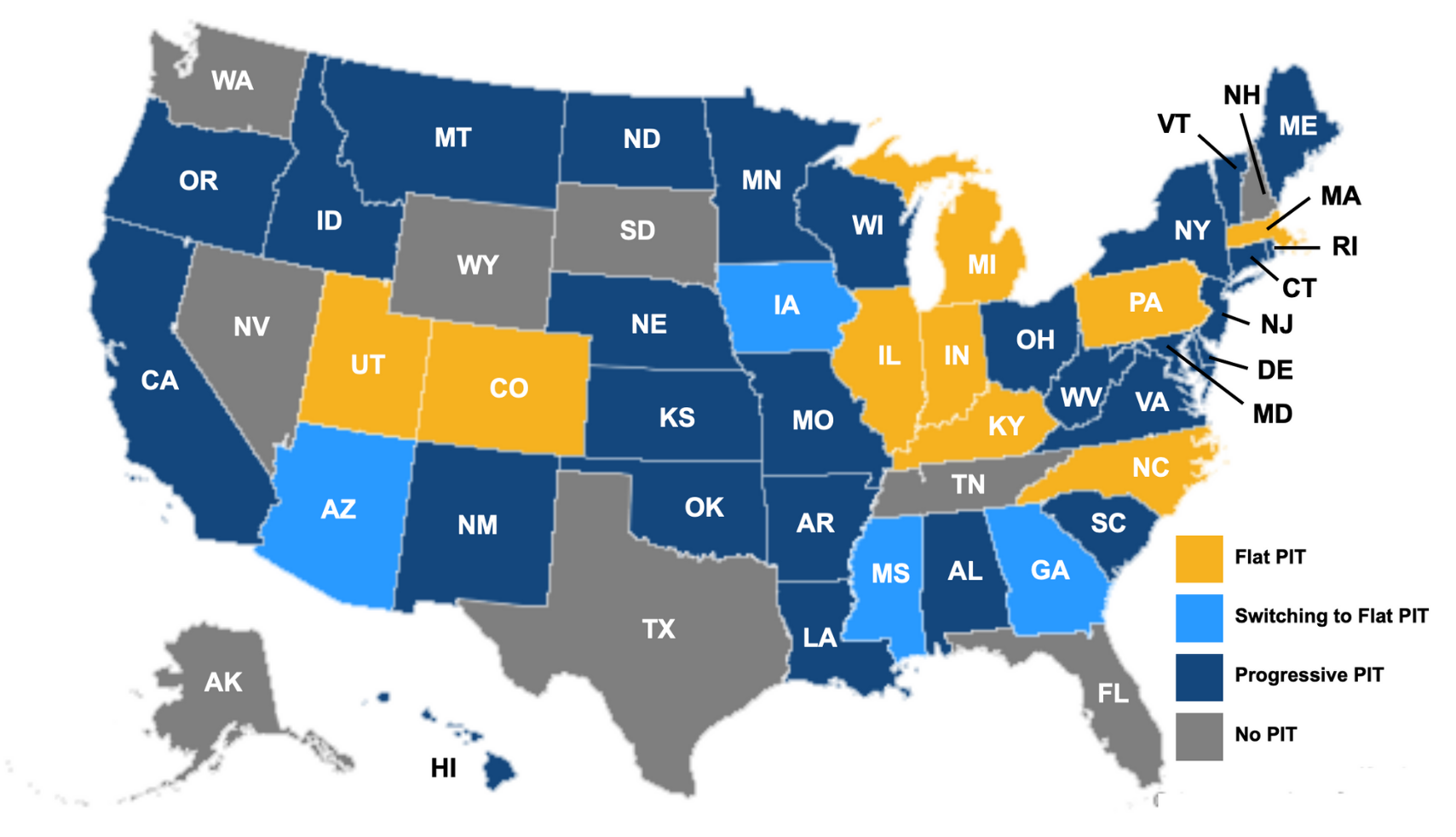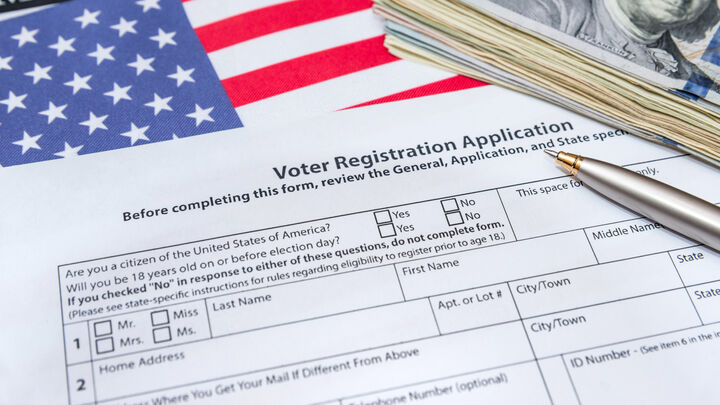RESTORING ELECTION INTEGRITY
The Problem: Winston Churchill once joked that democracy is the worst form of government, except for all the others. Because every model has its flaws, Wisconsin has continued to refine the way it runs and administers our democratic elections. Wisconsin currently uses the federal model (like the Federal Election Commission), a bipartisan, equally balanced panel we call the Wisconsin Elections Commission. Previously, Wisconsin used the non-partisan model, the Government Accountability Board, wherein retired judges ran our ethics and elections systems statewide. Other states use the Secretary of State model, relying on a statewide elected official (e.g., Katherine Harris, Florida, circa 2000). Each system has its downsides and difficulties.
But regardless of who administers our elections, two principles should be clear: it should be the Legislature that sets the rules, and those rules should be uniform statewide. Right now we’re failing on both counts. An audit from the nonpartisan Legislative Audit Bureau found numerous failures and irregularities on the part of both the Wisconsin Election Commission and municipal clerks, resulting in a 2020 election that did not have uniform standards statewide and that was not conducted in compliance with all of our laws.
The Response: The U.S. Constitution directs that state legislatures shall determine the time, place, and manner of our elections. Yet right now it feels like Mark Zuckerberg has more influence on our elections than our own elected officials. That’s just wrong.
The Republican-led legislature has passed a package of bills to start addressing individual aspects of these problems, but Gov. Tony Evers vetoed six of them. They should be law.
At the 1848 Project, we believe reform starts with real, robust, legislative oversight of the Wisconsin Election Commission. The WEC Election Administration manual, for instance, is 250 pages long. There’s also a Recall Manual, a Recount Manual, and a Referenda Manual, to only list the manuals starting with the letter “R,” of the 33 manuals total. The manuals are accompanied by dozens of memoranda sent to clerks–over 50 in the months immediately before and after the 2020 election alone. Altogether, these guidance documents run to thousands of pages, none of which have been promulgated as administrative rules which are subject to the formal requirements of public notice and comment and legislative oversight.
WEC actually does have formal administrative rules–they total sixteen pages, and cover such mundane and important topics as filing documents with WEC by email or fax machine. The point is clear: the real work gets done in the informal manuals and memoranda, not the rules.
That is a real problem. Thanks to reforms enacted under Governor Walker, Wisconsin has a robust administrative rule process. Wisconsin’s process also requires the governor to review and approve both proposed and final rules. It ends with review of every rule by the Legislature’s Joint Committee for Review of Administrative Rules (JCRAR). This multilayered process ensures transparency and accountability–two principles that would be a good start for election reform.













